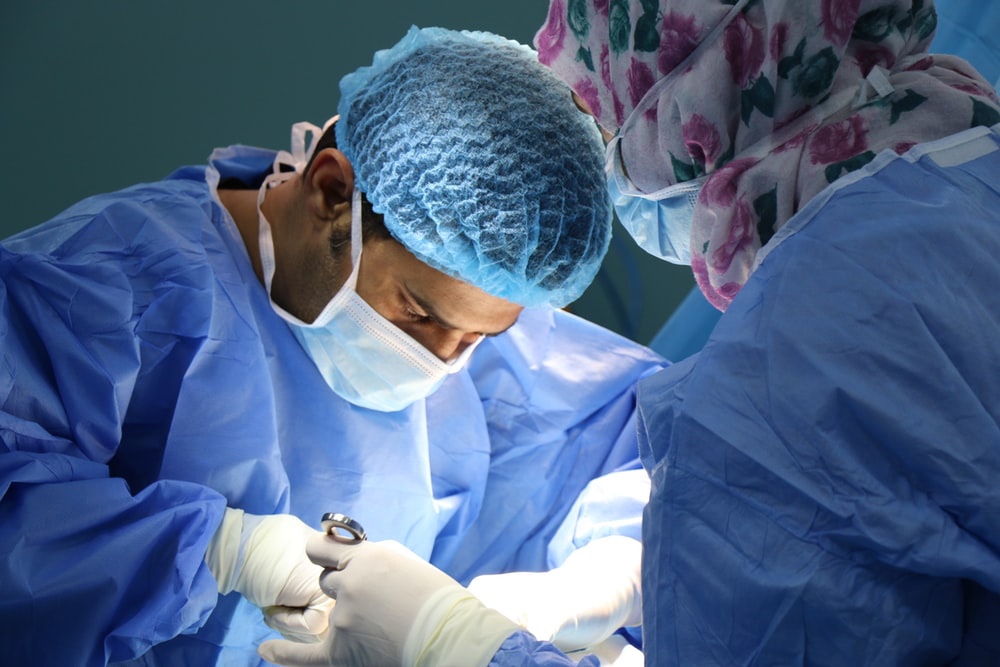
Surgery can make anyone nervous, whether you’re going under the knife for anything from weight loss surgery to having a knee replaced. If you’re nervous, it’s best to be prepared, so you know what to expect. Some preparation can make your hospital stay run more smoothly, and can help you to avoid any cancellation of your treatment.
Your hospital will write to you before your surgery, telling you what to bring and what to do first, so you should know what you need to do. If anything does go wrong, which is unlikely, remember that you can always take advice from medical malpractice lawyers.
-
Make sure you can get there, and get back. Make travel arrangements in plenty of time. Remember that it is unlikely that you will be able to travel home alone afterwards, so arrange for a friend or family member to pick you up after you are cleared to leave the hospital.
-
Make sure you have everything you need. If you will be staying in the hospital, pack an overnight bag of essentials. Take some comfortable nightwear, a change of clothes, your dressing gown and slippers, a small towel and toiletries, any sanitary products you need, books or magazines, some cash, any medication you take, and a list of important phone numbers. Check if your hospital allows mobile phones. If they do, pack that, and a phone charger.
-
Be as well as you can be. Fitter patients recover faster from surgery. If you are able to, maintain a light exercise routine before you are called in for surgery. Try to eat healthily and give up bad habits for smoking. Your GP will be able to suggest the best way to be in the best shape you can for surgery.
-
Don’t eat or drink if you’ve been told not to. Your doctor may advise you not to eat or drink anything for a certain number of hours before the surgery. Always follow this advice. If you ignore this advice, then you surgery may have to be cancelled. An empty stomach reduces the likelihood of vomiting under anaesthetic. If you are diabetic and require insulin, speak to your doctor to make better arrangements if you are told you shouldn’t eat beforehand.
-
Take your medication. If you have been told to take any medications first, make sure you do. If you on insulin or other tablets for Diabetes, make sure you make your consultant aware of this as soon as possible. During your pre-operative assessment, you will be asked if you are allergic to any medications or have had problems with an anaesthetic. Make sure you answer these questions honestly. If you have been advised not to take any medication before the surgery, don’t. If you do, the surgery may have to be cancelled.
Remember that the rules around surgery are designed to keep you as safe as possible. If your consultant tells you to do or not do something, make sure you follow what they tell you.


